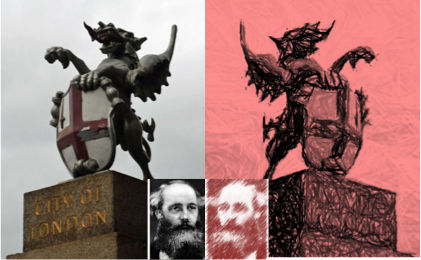Speaker
William Alan Bertsche
(University of Manchester (GB))
Description
Precise low-energy measurements of antimatter and subsequent comparison with equivalent matter measurements offer an experimental approach to address the question of why the Universe appears to be largely composed of matter. The observed abundance of matter relative to antimatter is not adequately explained by our present theories which would suggest that largely equal quantities should have been present from the beginning. Antihydrogen, as the antimatter equivalent of hydrogen, allows a unique opportunity to make precise comparison with matter spectra to test CPT and Lorentz invariance as well as to make direct tests of antimatter gravitation. Measured quantities in the anti-atomic system are expected to be exactly the same as the supremely well-measured and –calculated values for the atomic system, therefore any slight deviation would shed light on the problem of baryon asymmetry.
The ALPHA collaboration at CERN was the first group to demonstrate trapping of antihydrogen and make preliminary measurements on this exotic bound state. We have demonstrated the first resonant quantum interaction with a pure antimatter system by driving and detecting magnetic resonance transitions between hyperfine states in trapped antihydrogen atoms [1], the first application of a method for measuring the gravitational mass of trapped antihydrogen [2], and made initial precision measurements of the antihydrogen charge anomaly [3]. These measurements are significant milestones towards sensitive tests of CPT and antimatter gravitation. ALPHA is commissioning a major upgrade to improve these measurements and begin investigating optical transitions in antihydrogen.
[1] C. Amole, et al. (ALPHA), Nature 483, 439 (2012)
[2] C. Amole, et al. (ALPHA). Nature Communications, 4, 1785 (2013)
[3] C. Amole, et al. (ALPHA). Nature Communications, 5, 3955 (2014)
Author
William Alan Bertsche
(University of Manchester (GB))
